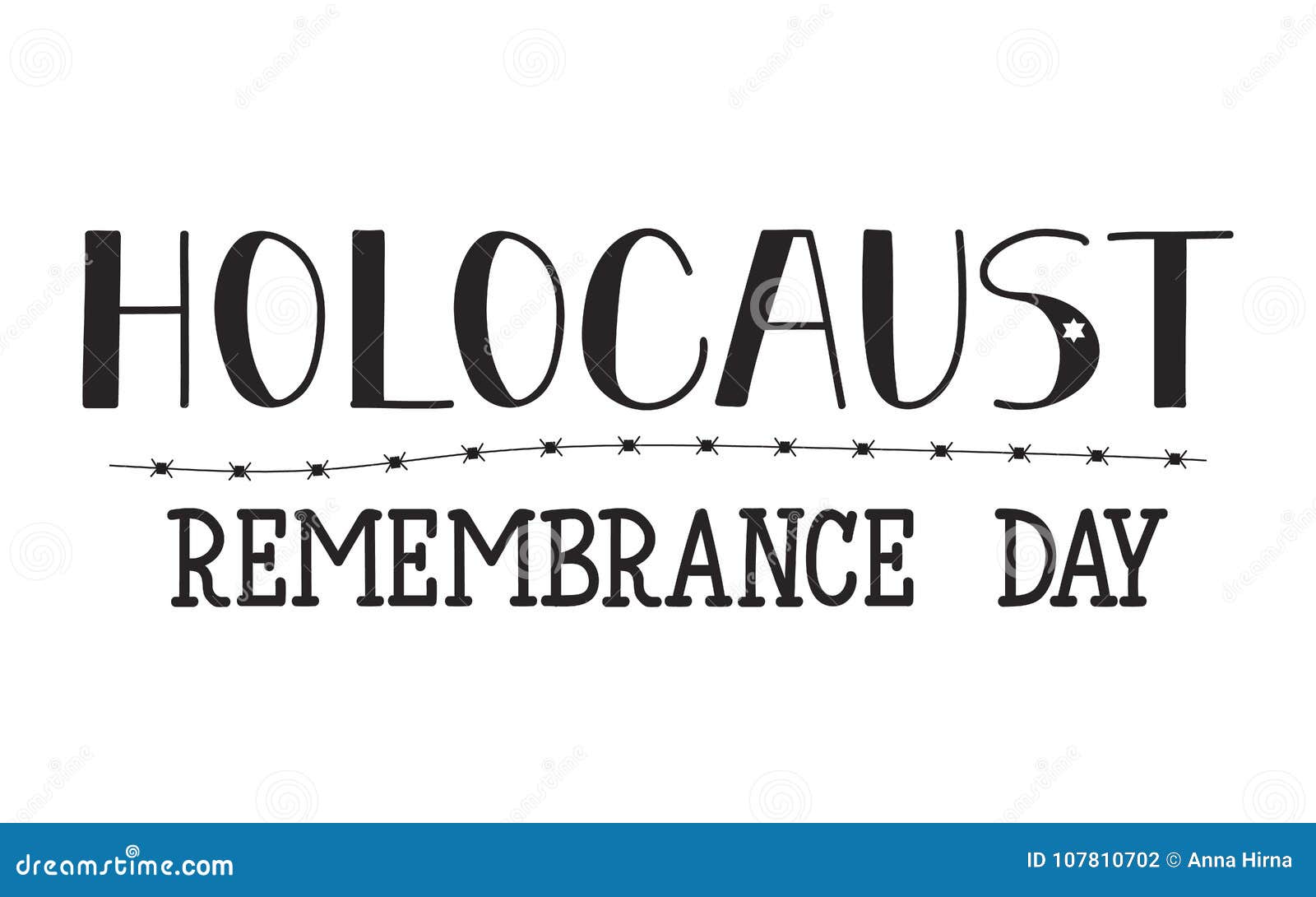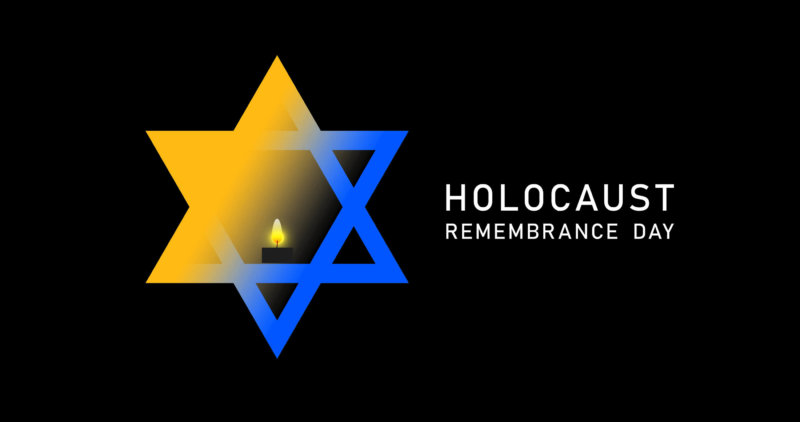
German: Tag des Gedenkens an die Opfer des Nationalsozialismus Memorial Day for the Victims of National Socialism Remembrance marking the mass arrest of 13,152 Jews in Paris in 1942 and their extermination at Auschwitz.

Memorial Day for the Victims of the Holocaust (Vainojen uhrien muistopäivä)įrench: Anniversaire de la rafle du Vélodrome d'hiver. Memorial Day for the Victims of the Holocaust and Prevention of Crimes against HumanityĬzech: Den památky obětí holocaustu a předcházení zločinu proti lidskostiĪuschwitz Day of Holocaust and Genocide Remembrance

Holocaust remembrance day january full#
Note: Other provinces of Canada have made the same enactment so the Canadian entry needs a full updating ĭay of Remembrance of the Holocaust and for the Prevention of Crimes against Humanity The Canadian provinces of Alberta, Manitoba, and Nova Scotia enacted legislation to recognize Holocaust Memorial Day in 2000. Ĭanada - Alberta, Manitoba, and Nova Scotia The day of the revocation of the plan to expel the country's Jewish population, officially designated in 2003. Holocaust Remembrance Day and the "Day of the Salvation of the Bulgarian Jews and of the Victims of the Holocaust and of the Crimes against Humanity"

International Day of Commemoration in Memory of the Victims of the Holocaustįrench: Journée internationale de la commémoration en mémoire des victims de la Shoah The day that the concentration camp Mauthausen was liberated in 1945. German: Gedenktag gegen Gewalt und Rassismus im Gedenken an die Opfer des Nationalsozialismus Memorial Day against Violence and Racism in Memory on the Victims of National Socialism ĭay of the Tragedy and Heroism of the Jews Holocaust remembrance days often include efforts to combat hatred and antisemitism.ĭesignated by United Nations General Assembly Resolution 60/7 on 1 November 2005. Many observances fall on 27 January, the anniversary of the liberation of Auschwitz concentration camp in 1945, while other countries selected separate dates, often to mark anniversaries of national events during the Holocaust. In 2005, the United Nations instituted an international observance, International Holocaust Remembrance Day. Many countries, primarily in Europe, have designated national dates of commemoration.

The solemn ceremony was concluded by a laying of wreaths in front of the commemorative stone on the forecourt of the Council of Europe’s headquarters and by a moment of reflection.This article needs additional citations for verification. The President of the Parliamentary Assembly Tiny Kox delivered the closing remarks. To keep the promise of never again “, said Secretary General Marija Pejčinović Burić at the Council of Europe ceremony on Tuesday 24 January, marking the International Day of Commemoration in Memory of the Victims of the Holocaust.Īddresses were delivered by the Federal Minister for Foreign Affairs of Germany, Annalena Baerbock, by the President of the Ministers’ Deputies and Permanent Representative of Iceland, Ambassador Ragnhildur Arnljótsdóttir, by the Ambassador of Israel to the international institutions in France, Haïm Assaraf, and by the Rabbi of the Jewish community of Frankfurt and President of the Orthodox Rabbinical Conference of Germany, Avichai Apel. “Every European should learn what happened.


 0 kommentar(er)
0 kommentar(er)
